Annual Report


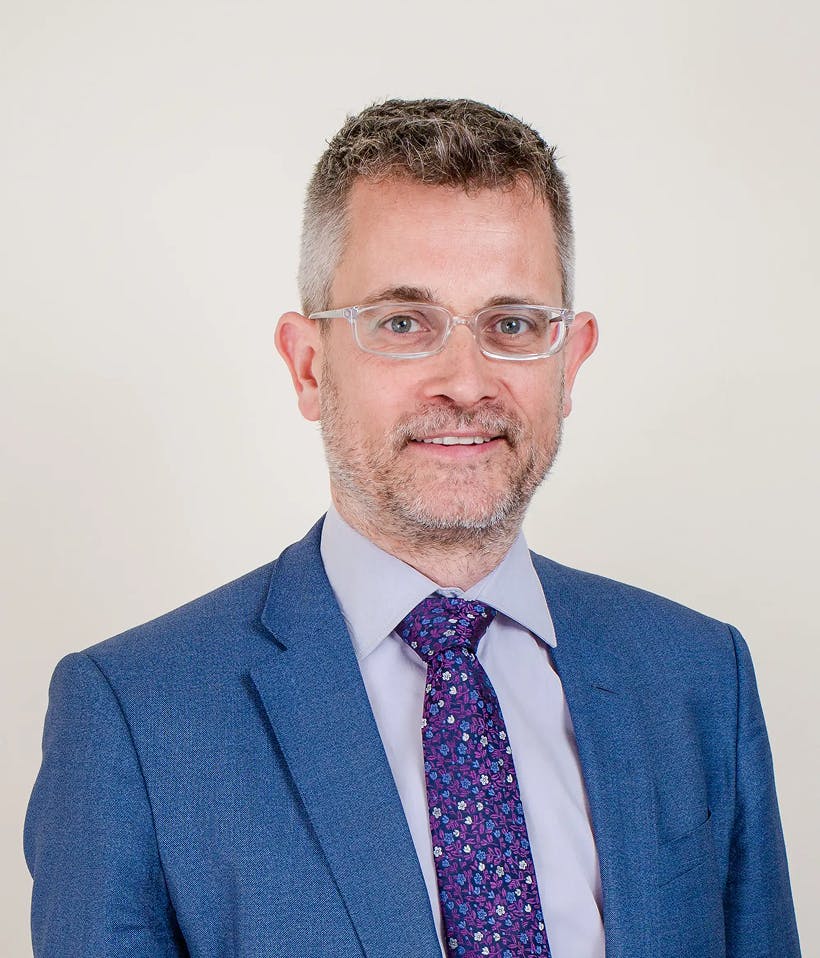

Ten years ago, the Paris Climate Agreement and the Sustainable Development Goals showed that, despite political differences and economic competition, the international community could rally around a common vision to transform the world in the name of justice and respect for life. A rules-based international order, offering basic protections for minorities against majorities and prioritizing long-term interests over short-term gains, served as the essential foundation for this ambitious political project. But sustainable development still required concrete action, through renewed cooperation between nations and forward-looking political momentum within our societies. Progress has never been guaranteed, but transition strategies could be developed under a relatively stable framework of rules, albeit within an international order that has always provided more security to the powerful than to the vulnerable.
Today, the international order is under strain, just as the rule of law faces challenges within some European countries. These developments reflect an era of change in which economic and political power dynamics are shifting, particularly towards Asia, triggering waves of uncertainty. This sense of instability is felt not only at the highest levels of government, such as in the United States, but also within our societies, where anxiety about the future can lead some to choose force over adherence to international norms, human rights, and the protections of the rule of law.
Defending societies and a world governed by rules does not mean resisting change. For years, the poorest countries and many civil society actors have called for fairer international rules, particularly in the areas of financing and investment. At the national level, European Community law, the protection of human rights, and in particular the right to a healthy environment, have driven major advances, supported by the institutions that uphold them. Yet environmental democracy, and democratic institutions more broadly, continue to need strengthening if we are to rebuild society around the political project of a more ecologically sound and socially just world.
To shape new rules that are widely accepted, we must seek out allies who continue to believe that rules matter, not only because they protect the most vulnerable, but also because they can make even the powerful more prosperous. We are all stronger when we cooperate within a framework of rules than when we act solely through power relations. We see this when diverse civil society movements manage to resist authoritarianism through democratic elections, or at the international level when countries deeply committed to the democratic journey, such as South Africa, reach out to the European Union to co-develop new governance frameworks. This requires a willingness to build on the proposals of emerging powers, rather than merely adapting those put forward by the long-established developed world. This process of dialogue and co-construction is vital for upholding the values and principles of human rights and sustainable development, and lies at the heart of IDDRI’s mission.
“We cannot remain trapped in a narrative of negativity; we must work towards positive outcomes.”
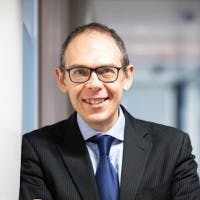
Francesco Gaeta
Director of European
and International Action
at the French Ministry for Ecological Transition
 Key achievements
Key achievements Key achievements
Key achievements Key achievements
Key achievements
by Léna Spinazzé
Deputy Director
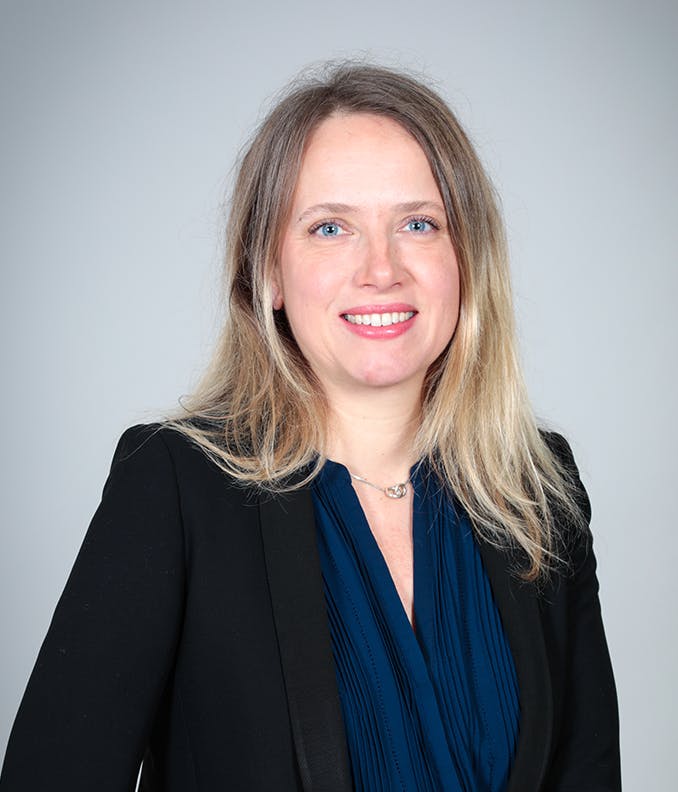

This issue poses a dual challenge for IDDRI: a strategic challenge, which is to identify new, credible and feasible pathways for change in a difficult global landscape; and an operational challenge to evolve as an organization, alongside our partners, to help open up those avenues in the most effective way possible.
It is with this dual objective in mind that we are currently developing our strategy for 2026-2030. This may seem out of place in a world undergoing ever more rapid and dramatic change. However, our aim is to equip ourselves to respond in the most appropriate, effective and flexible way possible to this evolving context.
We believe that no single actor–including IDDRI–can make a difference alone. That is why our strategy must be developed and pursued with our partners. Since its creation nearly 25 years ago, IDDRI has worked with actors from research, civil society, public decision-making bodies, and private companies across every continent. But to shape proposals that will lead to real decisions, we know we need to go even further.
As part of our strategy development for the next five years, we organized, together with our partner Convene, a series of listening sessions with our partners at the end of January 2025, just after Donald Trump took office. These sessions proved particularly valuable: they helped us understand the mood and the forces at play, revealed contrasting reactions depending on the type of actor, and highlighted a strong, widespread fighting spirit.
One of the key priorities we identified with our partners is the need to confront this challenge directly by shaping new narratives that are both credible and capable of driving change. We are facing counter-narratives that aim to downplay–or even eliminate–environmental concerns and the principles of a just transition. We must reverse the burden of proof! Is it really in the national interest, as some populist leaders claim, to ignore climate challenges and turn away from the booming markets of the energy transition (renewable energy, electric vehicles, etc.)? Who's being realistic here?
This question of narrative is not just a matter of communication. It raises real, fundamental questions. In an increasingly unequal world, destabilized by the twin forces of ecological and digital transition, how can we ensure that the ecological transition helps to reduce inequality? In France, for example, how can we offer viable alternatives to private car use in rural areas? At the international level, as value chains are reshaped by the energy transition, and as competitiveness and security become central concerns, how can we ensure that relations between the EU and its partner countries shift from an extractive model to one based on local economic development?
Beyond these fundamental issues lie critical questions of political strategy. The current restructuring, especially around the transition away from fossil fuels, is profoundly shifting the balance of power between countries and companies. IDDRI’s mission is to identify and explain the drivers of necessary change and restructuring, and to identify the actors, beyond IDDRI itself, who are capable of making them happen.
“It is important to coordinate efforts at all levels: internationally, but also nationally, within countries. The work carried out by the DDP and Ukama networks is essential.”
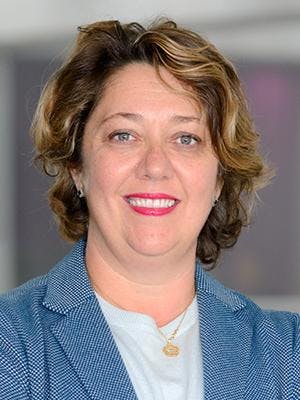
Hélène Djoufelkit
Deputy Executive Director
of the French Development Agency
and IDDRI Board Member
In 2024, IDDRI carried out in-depth analytical work to develop transition scenarios aligned with carbon neutrality in seven major emerging countries: South Africa, Argentina, Brazil, China, India, Indonesia and Mexico. The results were presented in the cross-cutting report Making it Happen - National Pathways to Net Zero, launched during a webinar in October 2024 and shared at COP29 in Baku. National analyses were also published in country-specific documents.
Most of the partner organizations involved in developing these analyses are actively engaged in policy discussions in their respective countries, particularly around the development of nationally determined contributions (NDCs) under the Paris Agreement.
Notable examples of influence have emerged in Indonesia, Brazil and Senegal.
In 2025, a new report will assess the real-world and economic impacts of the Paris Agreement, ten years after its adoption. Covering 18 key countries, it will offer a comprehensive assessment of progress in the fight against climate change, going beyond global perspectives and the analysis of emissions reduction targets to capture the multiple dimensions of changes that have (or have not) occurred at the country level. This analysis will help put the NDCs into context and support the next steps in the process at both national and international levels, ensuring continuity and a shared, incremental increase in ambition and action.




“IDDRI must maintain the scientific rigour that is its strength and credibility.”
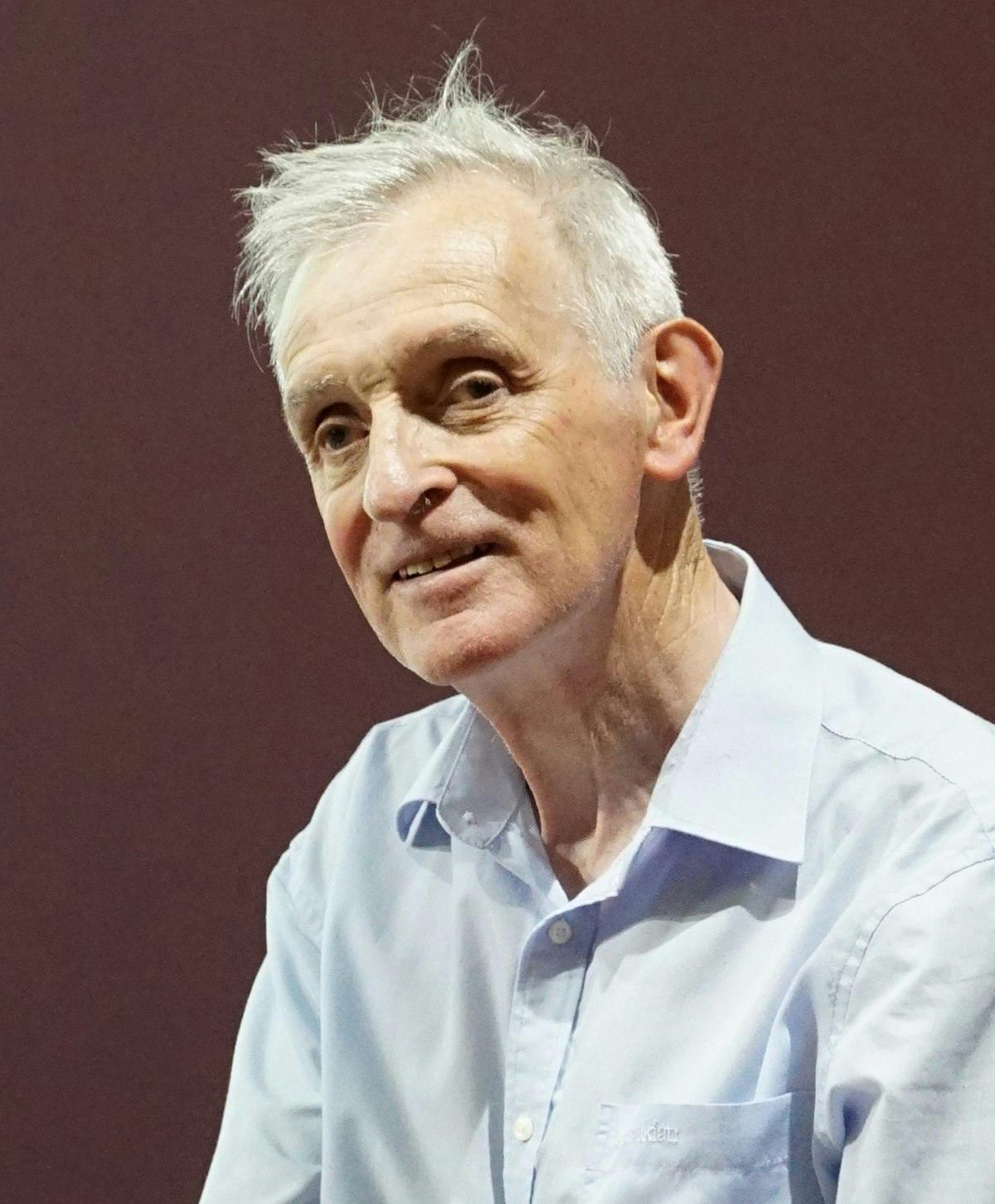
Jean Jouzel
palaeoclimatologist
Honorary Chairman of IDDRI
IDDRI has a team of 56 people. Its research fellows teach in several Master’s programmes, including at the School of Public Affairs, the School of International Affairs, the School of Management and Innovation, and the Journalism School at Sciences Po. IDDRI welcomed 9 interns in 2024-2025.
Secretary-General | Lisa Dacosta
Administrative Assistant | Aurore Bertinetti
Management Assistant | Laetitia Dupraz
Administrative Manager | Lucilia Tanchereau
European and International Project Officer | Bettina Lê
European and International Project Manager | Annick Bellamy
Executive Director | Sébastien Treyer
Deputy Director | Léna Spinazzé
Chief Programmes Officer | Céline Kauffmann
Communication Director | Brigitte Béjean
Secretary-General | Lisa Dacosta
Directeur scientifique | Michel Colombier
Scientific Director | Lucien Chabason
Adviser to the Executive Director | Basile van Havre
Communication Director | Brigitte Béjean
Senior Communication Officer, Events and Social Media | Carine Antunes
Editorial Manager | Pierre Barthélemy
Communication and Media Assistant | Louis Piussan
Events and Communication Assistant | Aurore Beyel
Director, Ocean Programme | Julien Rochette
Senior Research Fellow, International Ocean Governance | Klaudija Cremers
Senior Research Fellow, Blue Tourism | Angelo Sciacca
Research Fellow, International Ocean Governance | Alexandra Oliveira Pinto
Director, Agriculture and Food Policies
Programme | Pierre-Marie Aubert
Director, Agriculture France | Aurélie Catallo
Research Fellow, Agriculture and Food Policies | Baptiste Gardin
Senior Research Fellow, Partnerships, Agriculture and Food Policies Programme| Nika Tavčar
Senior Research Fellow, Agriculture and Food Policies | Michele Schiavo
Research Fellow, Agriculture and Food Policies | Jeanne-Alix Berne
Research Fellow, Agriculture and Food Policies | Elsa Régnier
Director, Biodiversity Programme | Agnès Hallosserie
Senior Research Fellow, International Biodiversity Governance | Juliette Landry
Research Fellow, International Biodiversity Governance | Mariam Fofana
Director, Lifestyles in Transition | Mathieu Saujot
Research Fellow, Lifestyles in Transition | Marion Bet
Research Fellow, Lifestyles in Transition | Charlie Brocard
Research Fellow, Lifestyles in Transition | Clémence Nasr
Director, Climate Programme | Marta Torres Gunfaus
Head of Research on Climate Diplomacy and Policy | Hélène Van Rossum
Senior Research Fellow, International Climate Governance | Anna Pérez Català
Research Fellow, Adaptation to Climate Change | Adèle Tanguy
Research Fellow, International Climate Governance | Alexandra Deprez
Director, New Industrial Policies Programme | Nicolas Berghmans
Coordinator for the Energy Transition in France | Andreas Rüdinger
Research Fellow, Climate and Energy | Ines Bouacida
Research Fellow, European Industrial Policy Issues | Philippine Levy
Director, Sustainable Development Governance Programme | Damien Barchiche
Senior Research Fellow, Financing Sustainable Development | Elise Dufief
Research Fellow, Financing Sustainable Development | Ben Katoka
Senior Research Fellow, Governance and Financing of Sustainable Development; Coordinator of Ukama | Elisabeth Hege
Director, Deep Decarbonization Pathways (DDP) Programme | Henri Waisman
Senior Research Fellow, DDP | George Safonov
European and International Project Officer | Bettina Lê
Senior Research Fellow, Climate and Transport, DDP | Yann Briand
Research Fellow, DDP | Lauren Harry-Villain
Senior Research Fellow, DDP | Vicente Guazzini
European and International Project Officer | Maxime Ulatowski
Research Fellow, DDP | Clara Lepin
Director of the Mobility in Transition Institute and Associate Researcher at IDDRI | Jean-Philippe Hermine
Development and Partnerships Project Manager | Sarah Chadha
Critical Metals and Recycling Project Officer | Marine Hautsch
Administrative and Financial Management Officer | Anoosheh Babaei
Industry and Recycling Project Officer | Hannah Gross
Analyst | Simon Louedin
Head of Expertise | Antoine Trouche
In 2024, half of the Strategic Advisory Council (SAC) was renewed, with 14 new members joining. The SAC brings together representatives from a range of stakeholders to help ensurethe relevance of the institute's work programme and intervention strategies. It meets twice a year and supports the Board, IDDRI’s main decision-making body. This is also the case for the Scientific Council, which is similarly multidisciplinary and helps identify emerging scientific challenges and potential areas for future research.
IDDRI is a public-interest foundation. Its Board operates under the supervision of a Government Commissioner, appointed by the French Ministry of the Interior, to ensure compliance with this legal status. Since 2019, the Board has been chaired by Michel Eddi, with Jean Jouzel serving as Honorary Chairman.
The 2024 accounts, certified by statutory auditors and approved by the Foundation's Board of Directors, amounted to 6.5 million euros, including staff secondment costs, excluding payments to research partners.
7% | Private sector grants | ||
21% | French public bodies in core funding (including staff secondment costs) | ||
6% | IDGM+ Laboratoire d’excellence |
14% | French public bodies on projects | ||
7% | European funds | ||
11% | International bodies | ||
31% | Foundations | ||
2% | Other |
IDDRI has received support from its key partners, who have renewed their annual core funding for IDDRI's activities as a whole at a level equivalent to 2023, i.e. 35% of the total budget.
IDDRI also receives project funding from numerous donors, as detailed below. Many of these donors have supported IDDRI for many years, and some collaborate on its work. We would also like to thank our new partners who have placed their trust in us in 2024, such as the Rockefeller and Oceano Azul Foundations and the Natural Defense Council, which are supporting our work on marine protected area management and high seas governance in the run-up to the United Nations Ocean Conference (UNOC) in 2025.
This funding enables the implementation of the program defined by IDDRI's teams in accordance with its strategic guidelines and approved by the Board of Directors (see the “Financial Partners” section).
*including payments to research partners
47% | Programmes: research and action | ||
27% | Research partners, expertise | ||
2.6% | Travel | ||
12% | Events, publications and communication | ||
11% | Cross-cutting functions and operations |
This funding is primarily intended for research and interventions by IDDRI and its partners (IDDRI allocates nearly 1.2 million euros to its partners around the world in addition to its own budget), communication and support for the implementation of impact strategies (publication promotion, media relations, web, social networks, etc.) and institutional relations carried out by the management team, as well as the functioning of the Foundation (structural and operating costs). etc.) and monitoring institutional relations by the management team, as well as the Foundation's operating costs (overheads and operating expenses).
The expenditure structure (excluding payments to research partners) is broken down as follows: 68% for personnel costs, 17% for studies and expertise, 9% for activity costs (missions, publications, seminars/conferences, etc.) and 6% for operating costs.
IDDRI’s financial model relies on core funding or in-kind support from its founding members and long-term partners. This support enables IDDRI to carry out the joint project of its founding members, which is updated every five years through a strategic plan and a medium-term work programme adopted by the Board. It also ensures that IDDRI maintains its ability to monitor, anticipate, respond and act independently. On this basis, IDDRI engages a wide range of partners in funding its projects. The institute is recognized and supported by numerous French public bodies, the European Commission, international organizations and philanthropic foundations.






IDDRI’s research and intervention capacities are underpinned by an extensive network of scientific partners, expertise and influence based in France, in Europe and internationally. This map shows four major networks in which IDDRI is involved (European Think Tanks Group, Think Sustainable Europe) or which it has created or co-created (Deep Decarbonization Pathways, Ukȧmȧ).